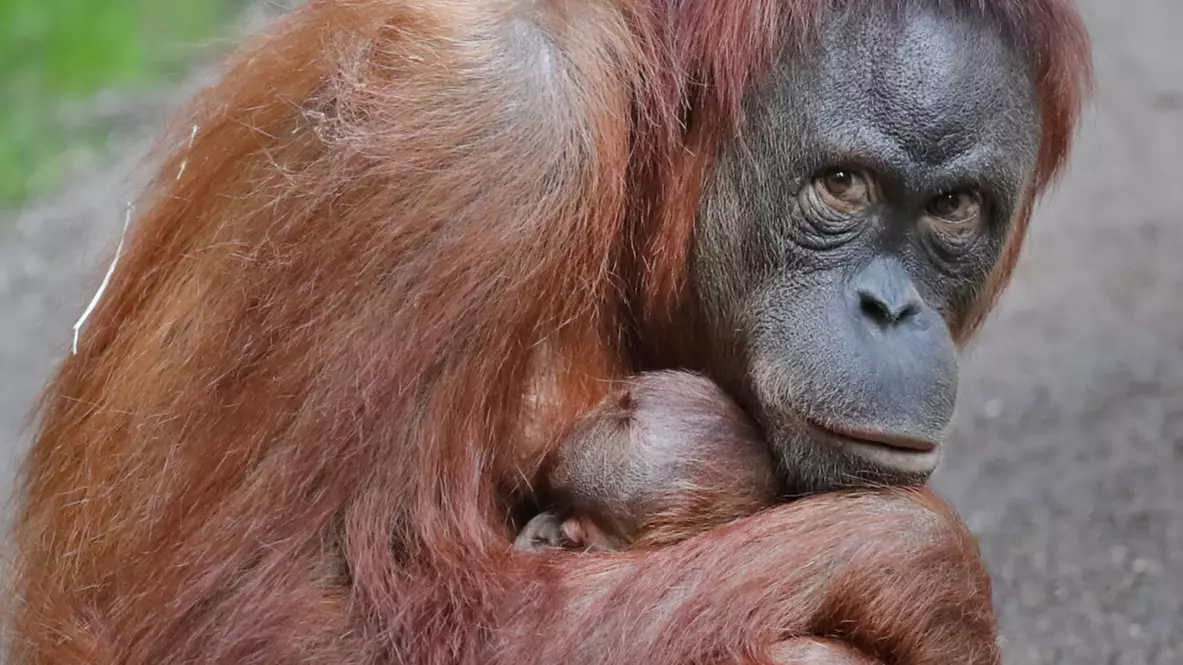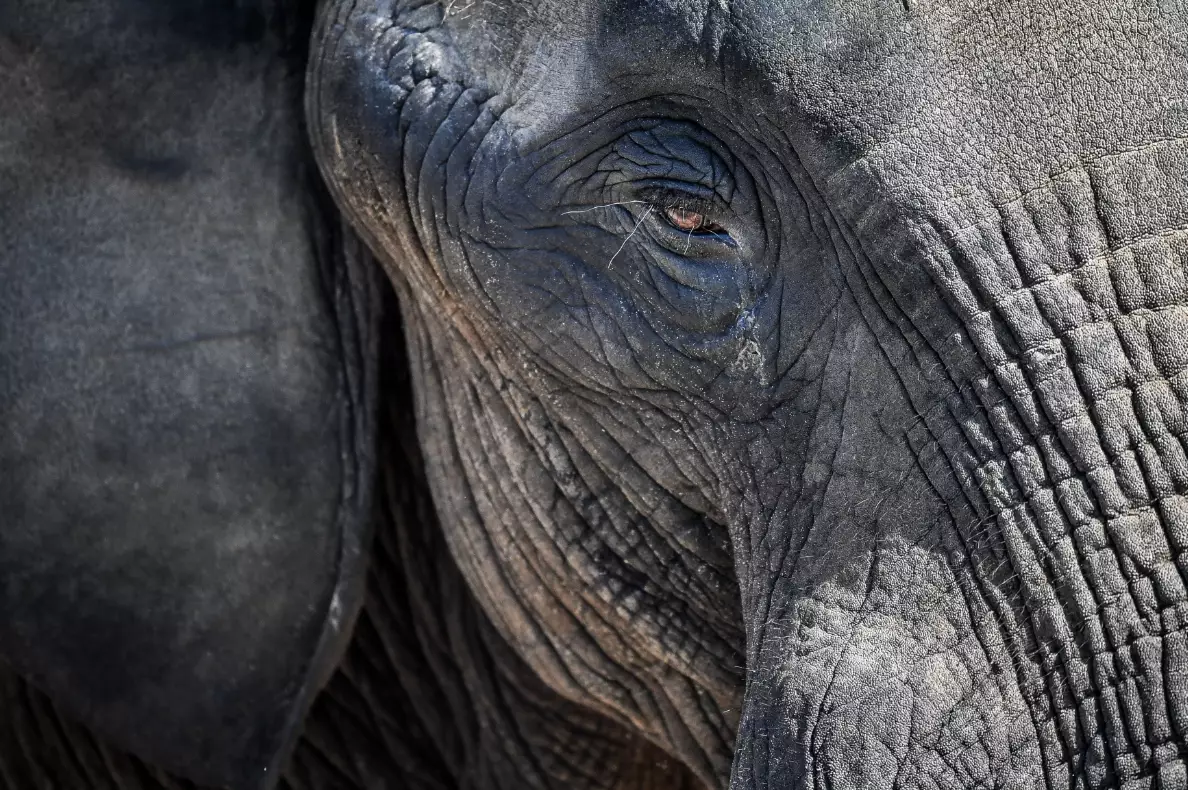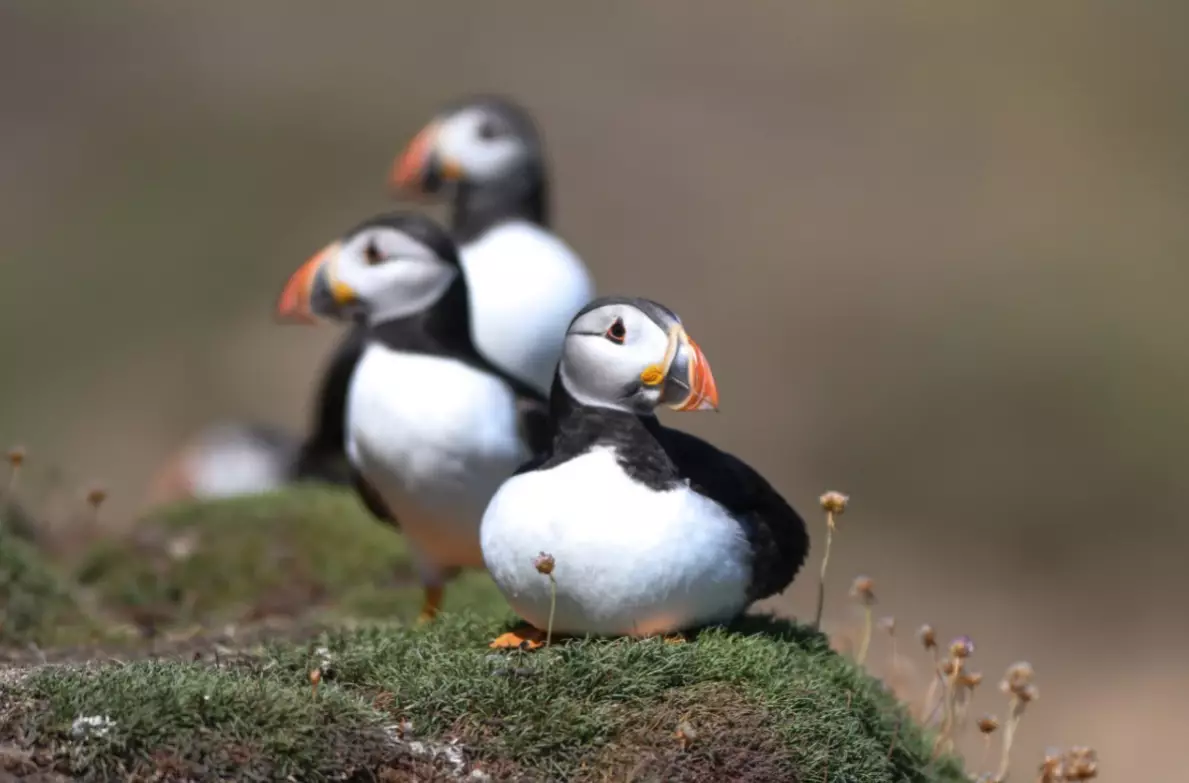
The devastation mankind has had on the planet is, by now, no secret. But the World Wildlife Fund (WWF) has warned that the 'mindblowing' crisis has become so urgent, that this is the 'last generation' that can save nature.
In this year's Living Planet Report, WWF said that global wildlife populations have fallen by 60 percent in just over four decades, thanks to increasing pollution, deforestation, climate change and other manmade factors.
The damning new report explains that the total numbers of more than 4,000 mammal, bird, fish, reptile and amphibian species declined rapidly between 1970 and 2014 - and that current rates of species extinction are now up to 1,000 times high than before human involvement in animal ecosystems became an issue.
Marco Lambertini, the WWF's Director General, said that the crisis is 'unprecedented in its speed, in its scale and because it is single-handed', adding: "Now that we have the power to control and even damage nature, we continue to (use) it as if we were the hunters and gatherers of 20,000 years ago, with the technology of the 21st century.
"We're still taking nature for granted, and it has to stop."

WWF UK Chief Executive Tanya Steele also said in a statement: "We are the first generation to know we are destroying our planet and the last one that can do anything about it."
Examining the many ways in which humans have led to the decline of various animal populations, the report highlighted the plight of African elephants, orangutans and polar bears, among others.
It also said that 90 percent of seabirds now have plastic in their stomachs, compared to just five percent in 1960, and that around half of the world's shallow-water corals have been lost in the last three decades.
Steele added: "If we want a world with orangutans and puffins, clean air and enough food for everyone, we need urgent action from our leaders and a new global deal for nature and people that kick starts a global program of recovery."

WWF is urging 196 member nations of the Convention on Biological Diversity to tackle a range of issues when they meet in late November in Egypt.
Joining WWF in calling for 'urgent action from world leaders', John Sauven, Executive Director of Greenpeace UK, said in response to the report: "The collapse of wildlife populations over the last half-century is a shocking measure of humanity's impact on our planet."
He added: "From the decline of orangutans due to deforestation for palm oil to the ruinous impact of climate change on Arctic habitats to plastic pollution destroying marine wildlife, we cannot continue with business as usual."
You can read WWF's full Living Planet Report 2018 here.
Featured Image Credit: PATopics: Extinct, World News, News, Animals